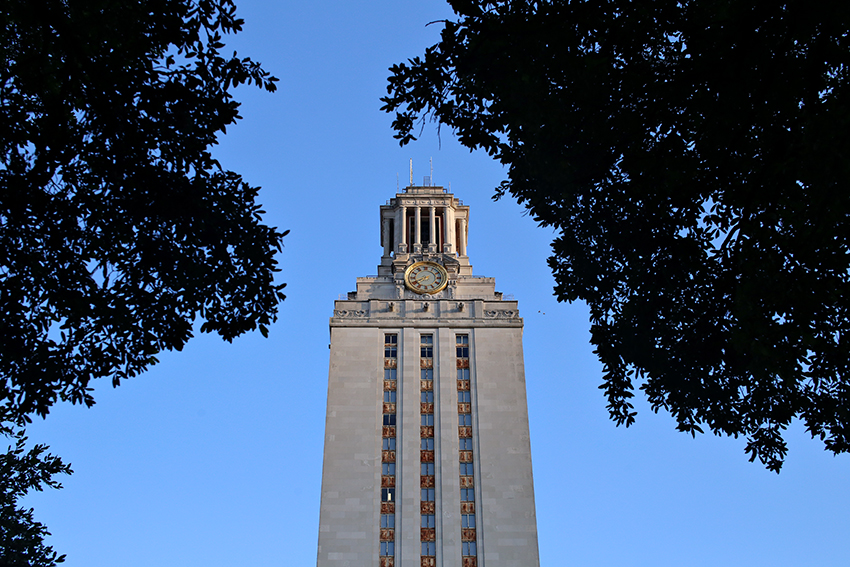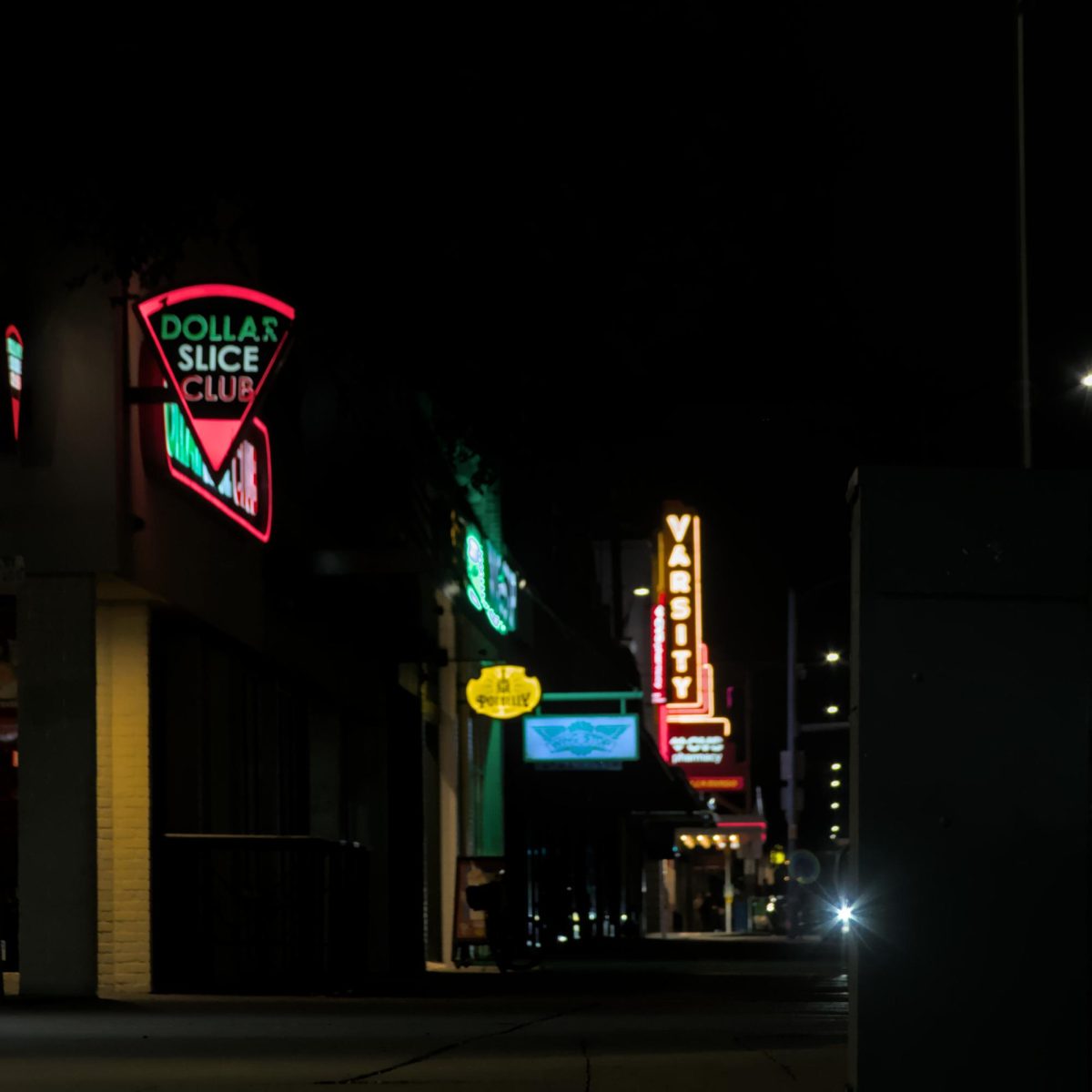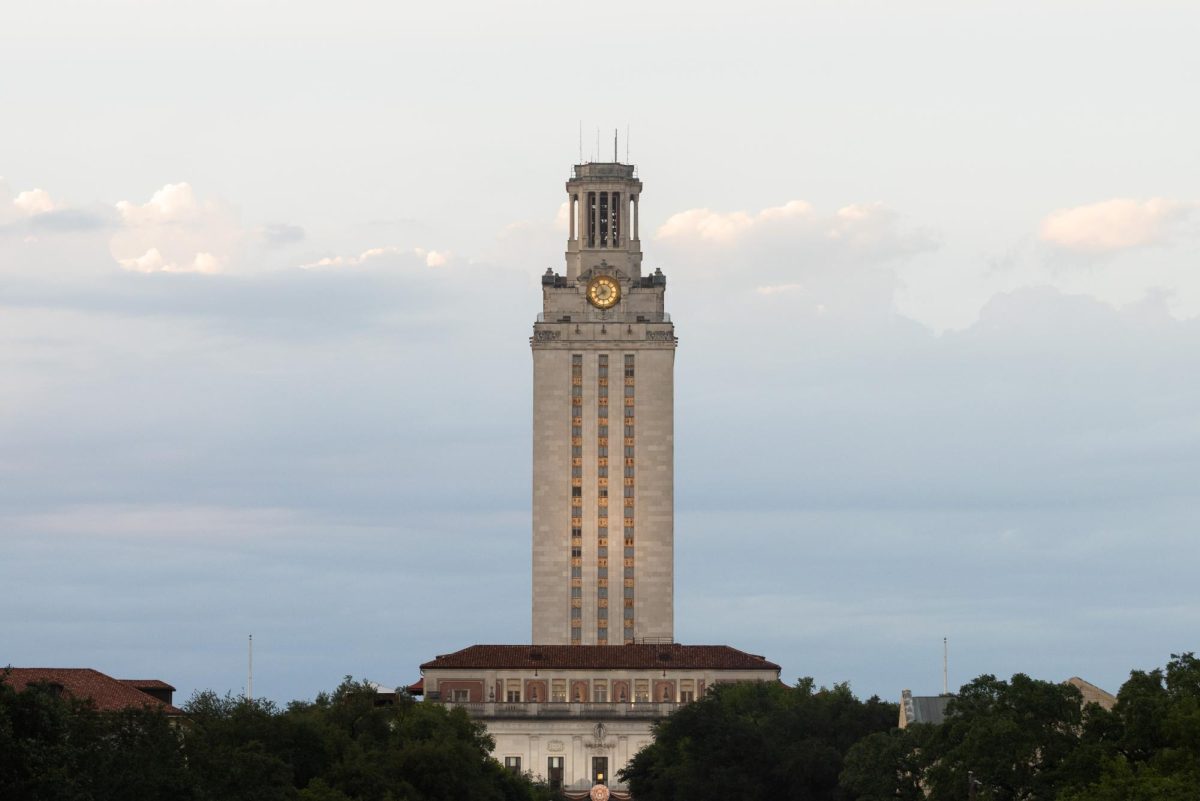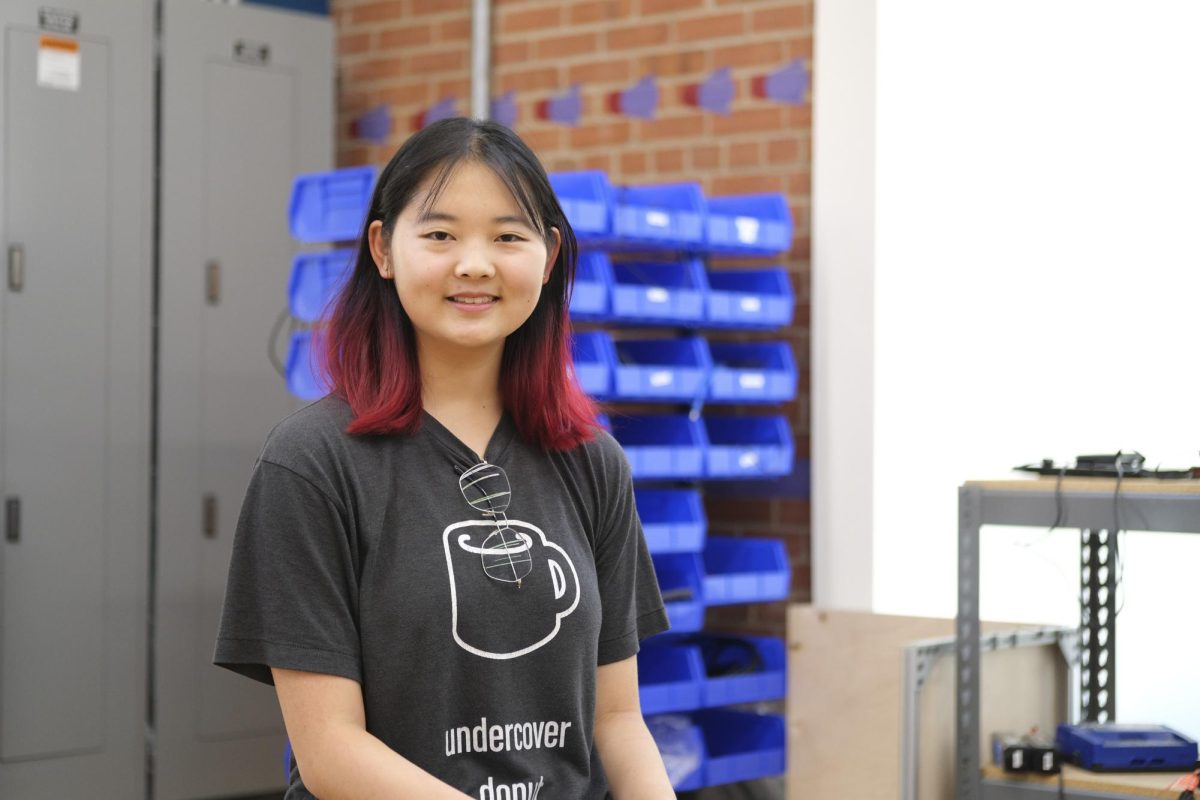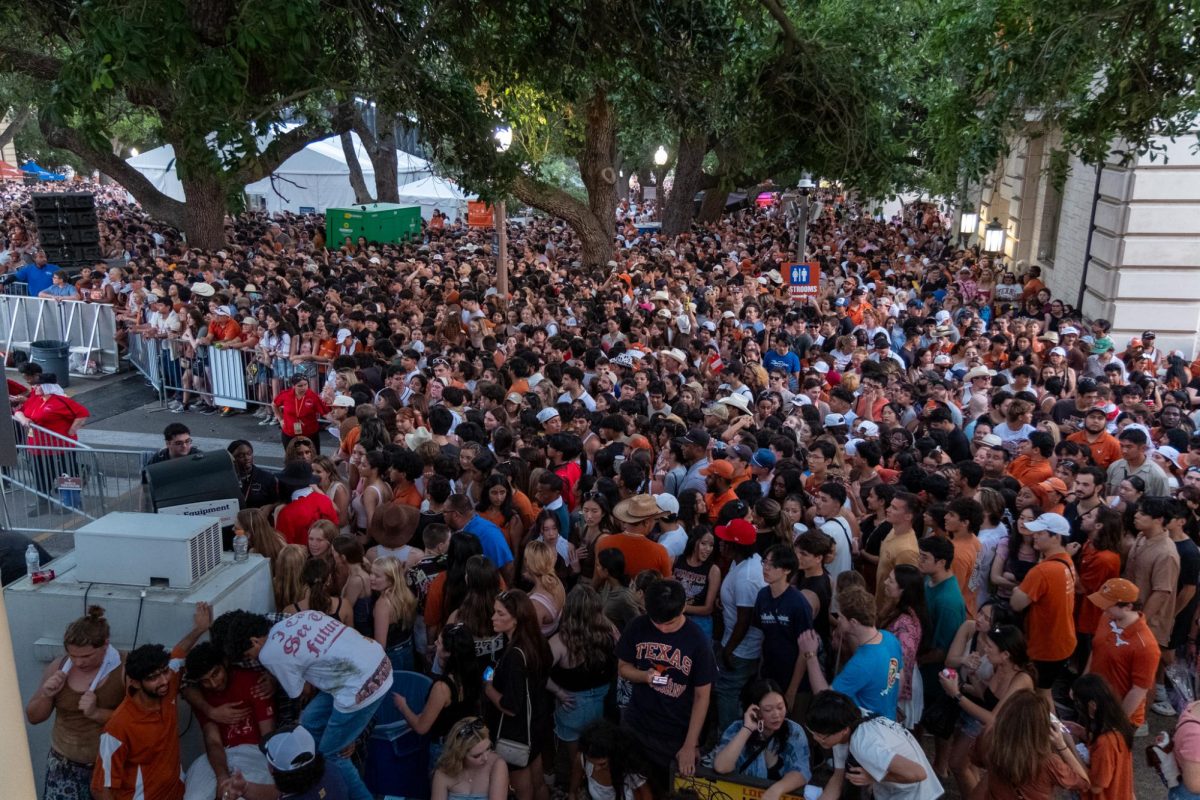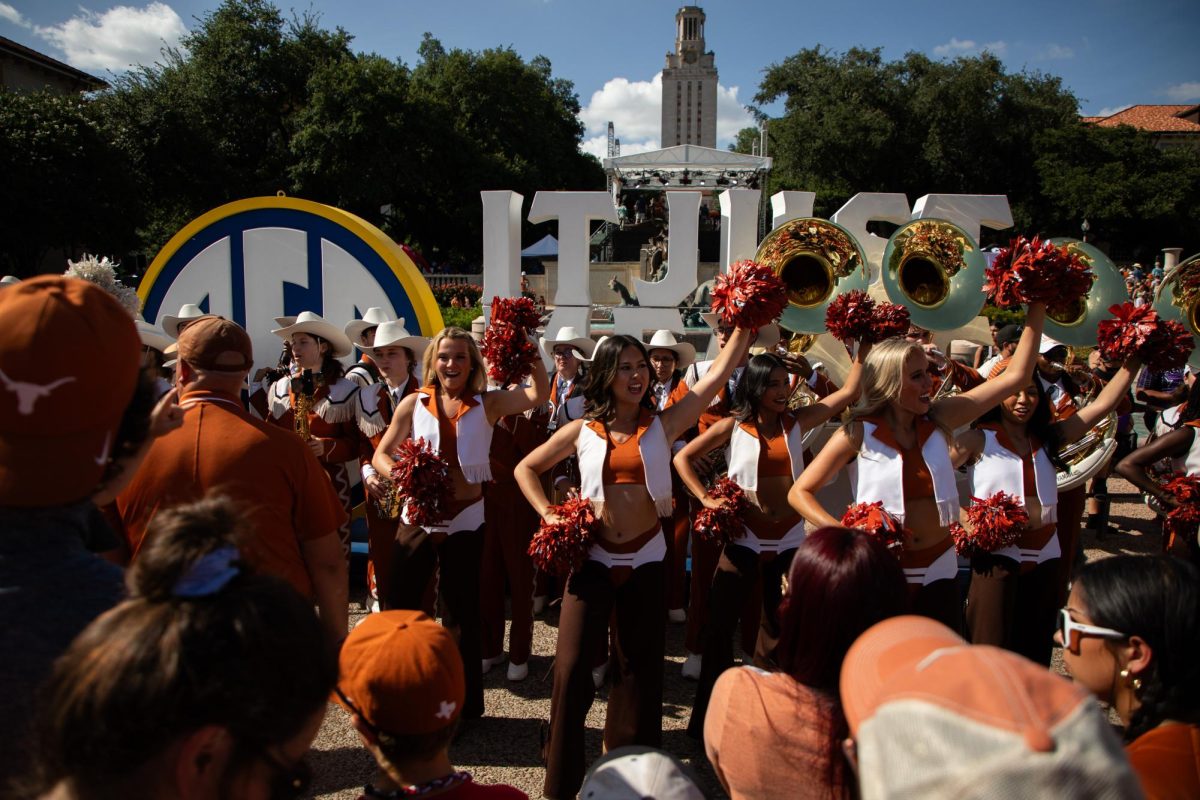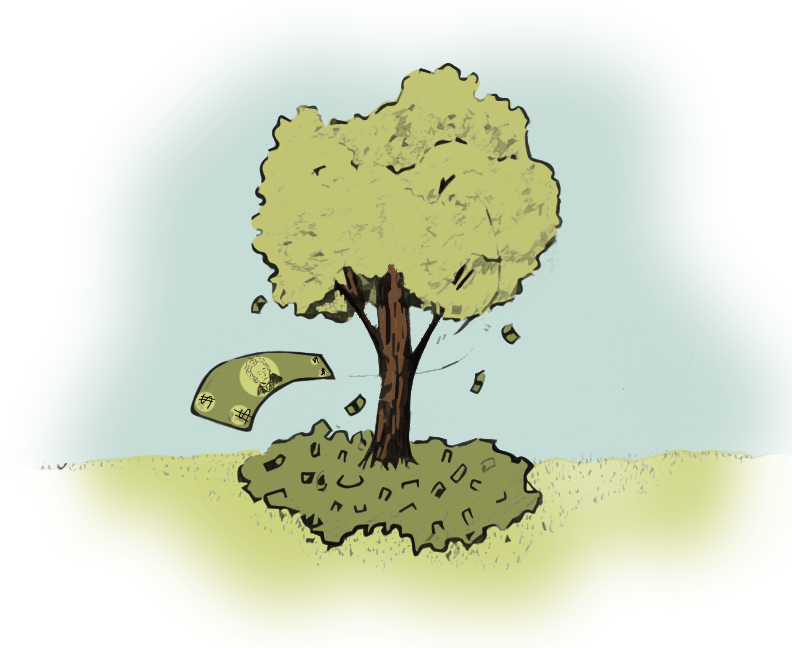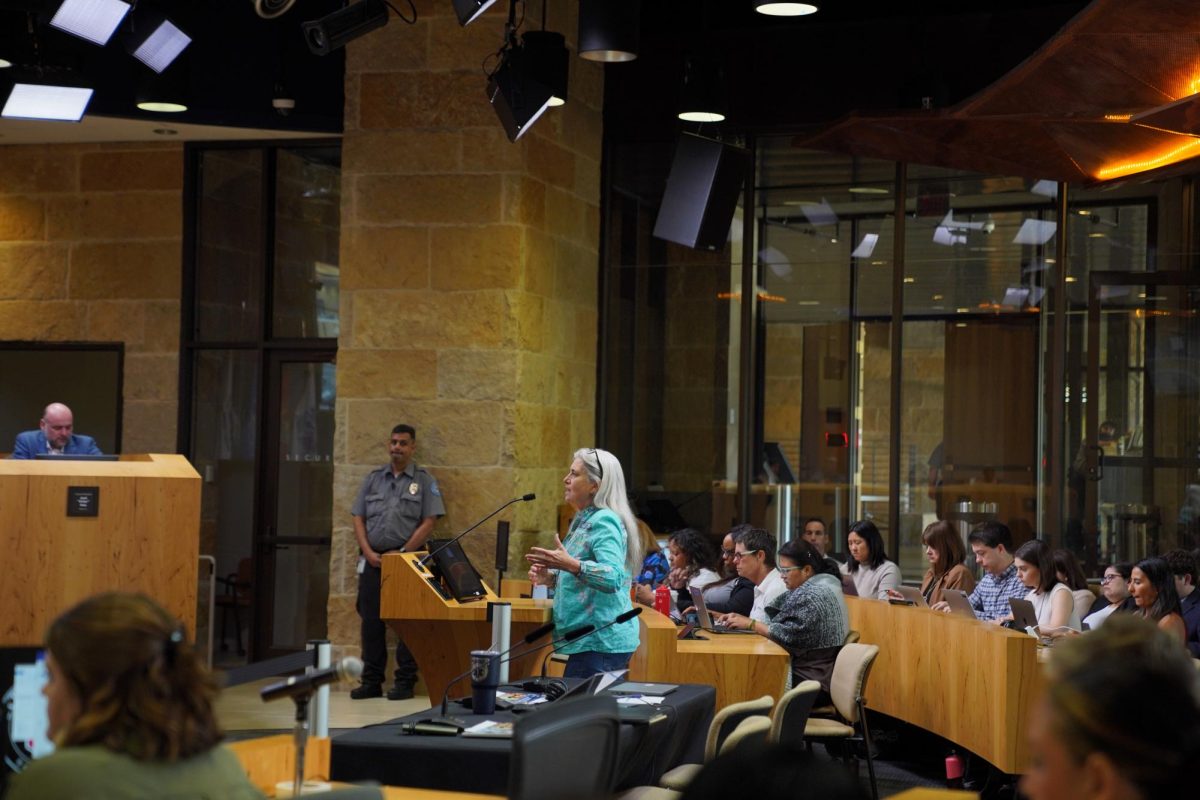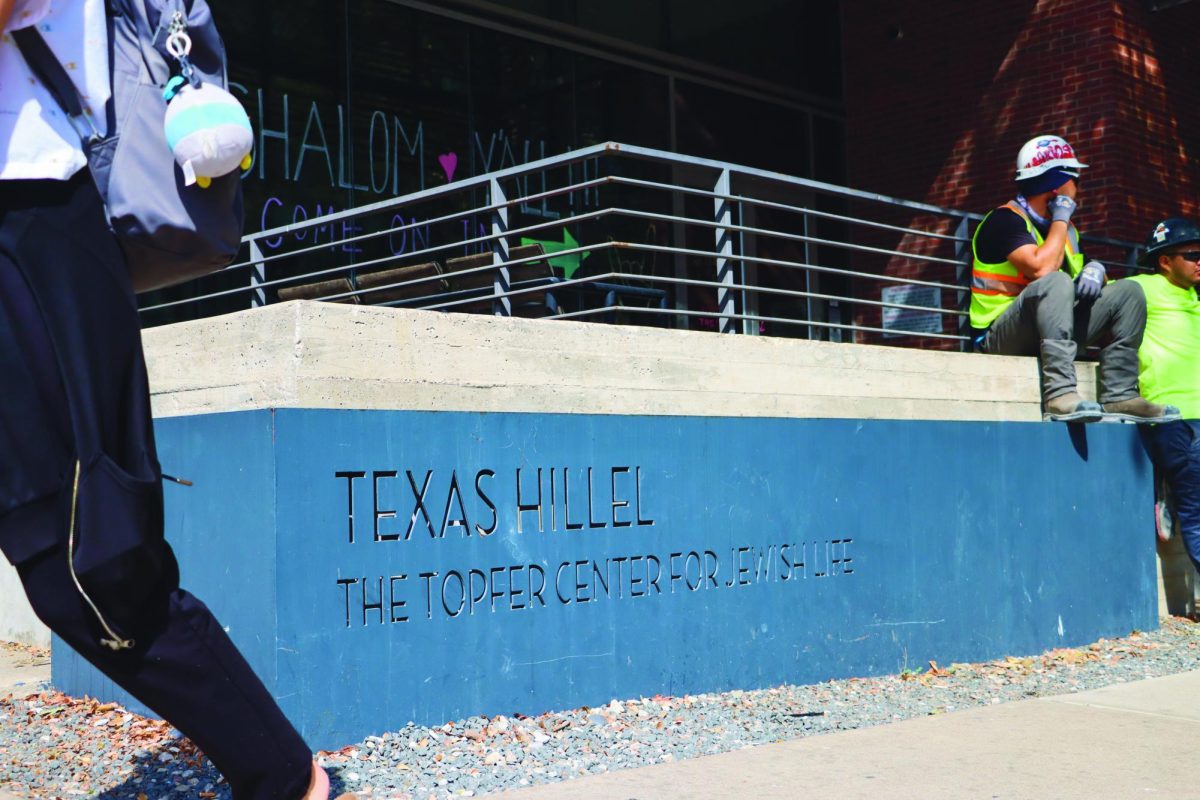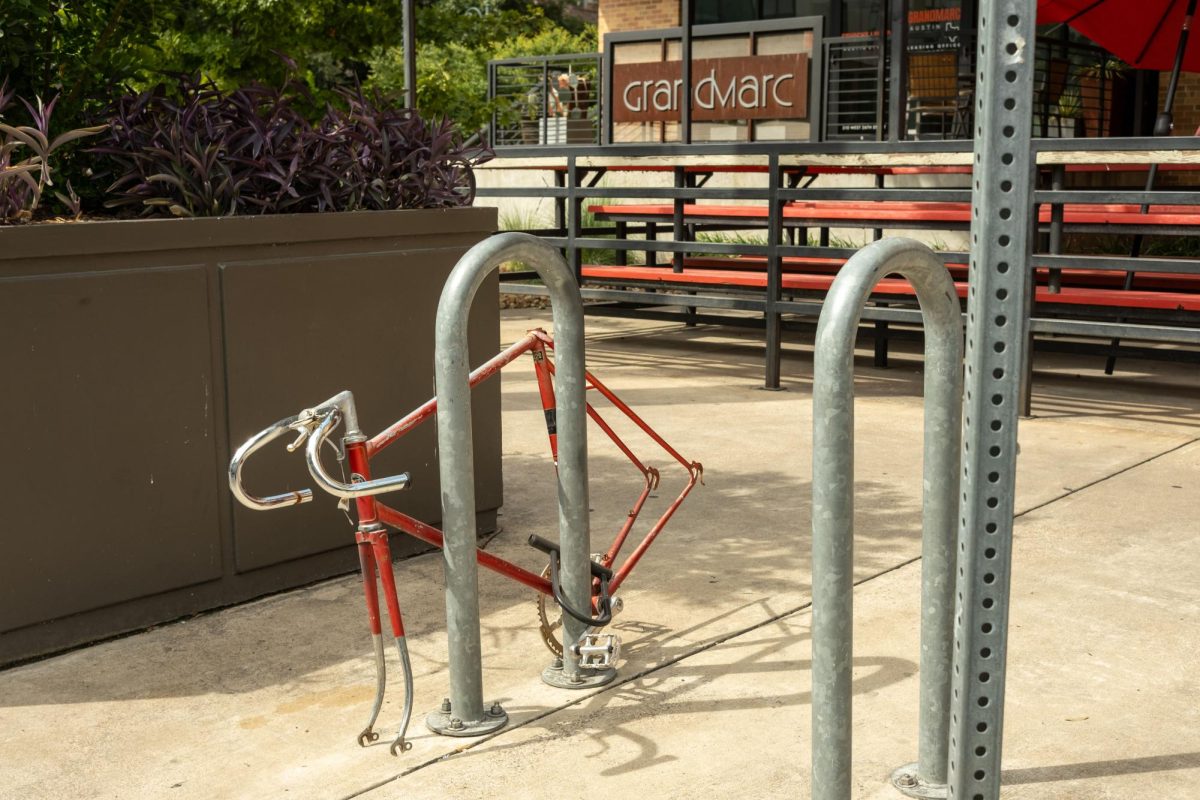Interim Austin Police Department Chief Brian Manley officially succeeded Art Acevedo in early December, marking the end of Acevedo’s nearly decade-long term. Manley faces the issue of APD’s shut-down DNA lab and the resulting backlog of DNA evidence. Manley, who was previously the APD chief of staff, has served APD for 26 years and hopes to become the permanent chief, according to KXAN. Once a full-time city manager is hired to succeed Interim City Manager Elaine Hart, a national search for a permanent police chief replacement is expected to be conducted.
—Will Clark, crime senior reporter
Gov. Greg Abbott will appoint four UT Board of Regent members in 2017. Terms for regents Alex Cranberg, Wallace Hall and Brenda Pejovich end in February, while Student Regent Varun Joseph’s term will end in May. Terms for regents are scheduled for six years, with three members having terms ending in the same year. A student regent is appointed every year. Currently, the governor has not announced any plans to reappoint any of the current regents nor to appoint alternative regents.
—Van Nguyen, system senior reporter
The Young Conservatives of Texas held a controversial bake sale in October, protesting the University’s policy of affirmative action. The bake sale assigned costs to baked goods based on the race and gender of the purchaser. The bake sale inspired a protest of around 300 students for several hours and led to the creation of multiple resolutions by legislative student organizations and statements from the University. The bake sale and subsequent protest also received national media attention. In November, Student Government voted down a resolution supporting the disbandment of YCT in response to the bake sale. Multiple SG representatives who voted against the resolution spoke about YCT’s First Amendment right to freedom of speech, even if they disagreed with the bake sale’s message.
—Paul Cobler, campus senior reporter
Tom Herman became UT’s next football following the firing of Charlie Strong after three losing seasons. Herman was previously the head coach at the University of Houston, where he accumulated a record of 22–4. Strong was fired from the head coach position following a 5–7 record for the second straight year. Strong went 16–21 at UT and missed a bowl game berth the previous two seasons. He also holds the lowest win percentage of any coach in Texas history.
—Paul Cobler, campus senior reporter
Hundreds of students wielded dildos to protest for Cocks Not Glocks, a rally against the campus carry law, on the first day of school. The goal was to fight “absurdity with absurdity” by showing guns on campus were as ridiculous as carrying dildos on campus. The protest happened in conjunction with a Gun-Free UT protest and was held by those in the UT community. UT alumna Jessica Jin created the Facebook event as a joke in fall 2015 after she heard people on the radio say nothing could be done about guns on campus. The event took off from there with thousands of supporters RSVPing.
—Van Nguyen, system senior reporter
Eighteen-year-old Meechaiel Criner, the man charged with the murder of theater and dance freshman Haruka Weiser last April, is scheduled to appear in court March 27. His case is likely to be delayed due to APD’s backlog of DNA evidence. Criner, who was a minor at the time of the offense, faces capital murder charges, but because of a 2005 Supreme Court decision, he cannot receive the death penalty. If Criner is convicted and deemed competent, he will automatically be sentenced to life in prison with the possibility of parole after 40 years.
—Will Clark, crime senior reporter
A backlog of DNA evidence piled up for the Austin Police Department after their crime lab was shut down in May following a report from the Texas Forensic Science Commission. The Commission’s report cited untrained staff and outdated methods. Since then, the Texas Department of Public Safety has been processing an average of 20 DNA tests per month, but hundreds of cases are still pending. In November, Austin City Council members unanimously approved a six-year agreement with a Dallas County forensics lab that could cost APD up to $3.6 million, according to the Austin American-Statesman. Interim Austin Police Chief Brian Manley said he didn’t know how many cases the Dallas lab would accept.
—Will Clark, crime senior reporter
In an electoral upset that none of the major polls predicted, former Republican presidential nominee and current President-elect Donald Trump beat Democratic presidential candidate Hillary Clinton in the general election Nov. 8. The election sparked protests across campus and Austin as well as questions about the role of the electoral college in presidential elections after Clinton won the popular vote. In Texas, 53 percent of voters voted for the president-elect, while 43 percent voted for Clinton. According to the Travis County Clerk’s office, 66 percent of voters in the district voted for Clinton and 27 percent voted for Trump.
—Sarah Philips, city/state senior reporter
In response to the controversy surrounding San Francisco 49ers quarterback Colin Kaepernick’s decision to not stand for the national anthem before a football game, UT System Chancellor William McRaven sent out a memo on Aug. 29 to presidents and athletic directors within the UT System urging athletes to “stand up straight when the National Anthem” is played. Kaepernick made the decision to kneel to show that he wouldn’t stand for a country that oppressed black people and people of color. McRaven sent out a similar memo in January in which he asked for coaches and players to “face the flag and place their hand over their heart as a sign of respect to the nation.”
—Van Nguyen, systems senior reporter
In the wake of Donald Trump’s election as President of the United States, many students and community members protested at UT and in downtown Austin. Less than 12 hours after Trump’s victory was announced in the early morning hours of Nov. 9, more than 300 students gathered in front of the UT Tower and marched through downtown for most of the day and into the night. The remainder of the week was filled with more protests and anti-Trump graffiti incidents on campus. Similar protests were seen in cities and on college campuses around the country.
—Paul Cobler, campus senior reporter
During a party at the Sigma Chi fraternity house in September, a student was physically removed from the house for unruly behavior but then returned around 3 a.m. and shot security guard Edward Earls in the foot. Two of the shooter’s roommates returned to the party with him, but according to Assistant Chief Troy Gay, his roommates did not know the suspect had a weapon and they were not charged. No arrest was made until the night after the shooting, when police arrested the suspect on charges of aggravated assault with a deadly weapon, according to an arrest warrant affidavit. Earls sustained non-life-threatening injuries, according to Cindy Posey, associate director of communications for University Operations. Neither the shooter nor his roommates are students at the University, the Statesman reported.
—Will Clark, crime senior reporter
Multiple safety initiatives and a memorial took place at the beginning of the semester in response to the death of theatre and dance freshman Haruka Weiser in April. On Oct. 14, the Weiser family and members of the UT community gathered in front of the Tower to remember Weiser. The University launched the Be Safe initiative this semester, and a branch of the initiative, Walk With Me, launched the day of Weiser’s memorial service. The initiatives, including Walk With Me, Be Aware and Call 911, encourage students to be safe on campus.
—Paul Cobler, Campus Senior Reporter



